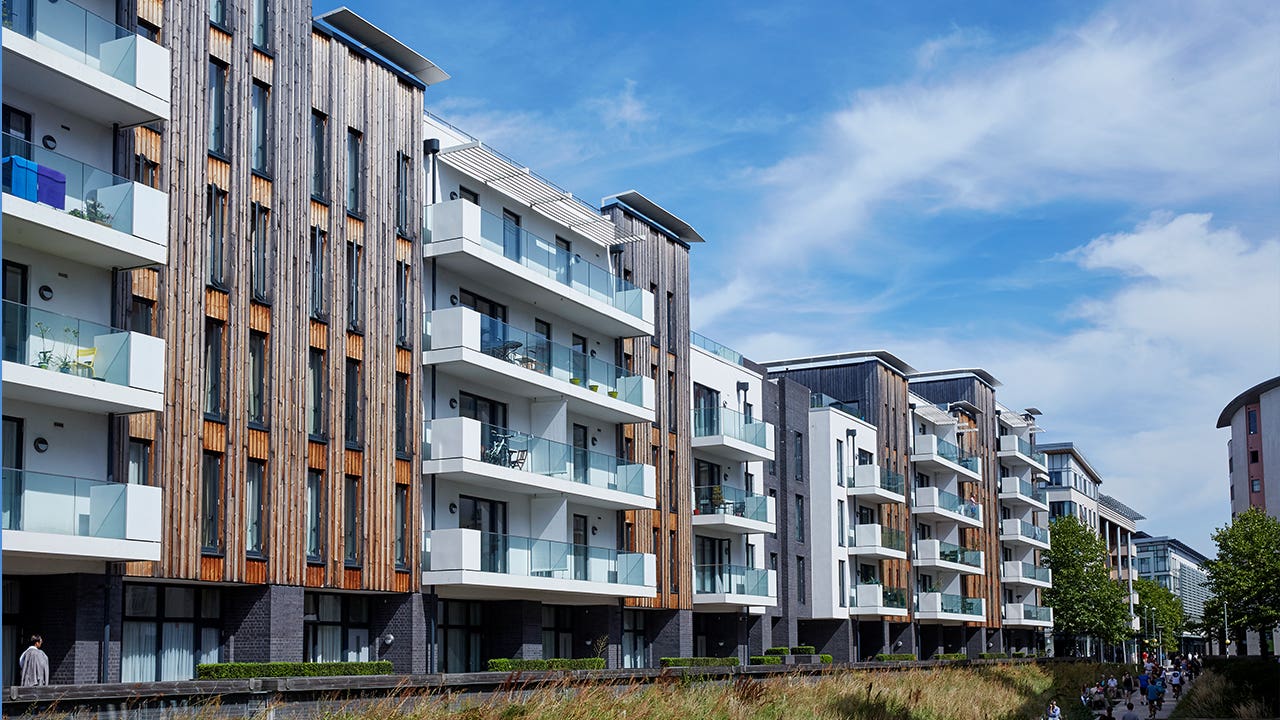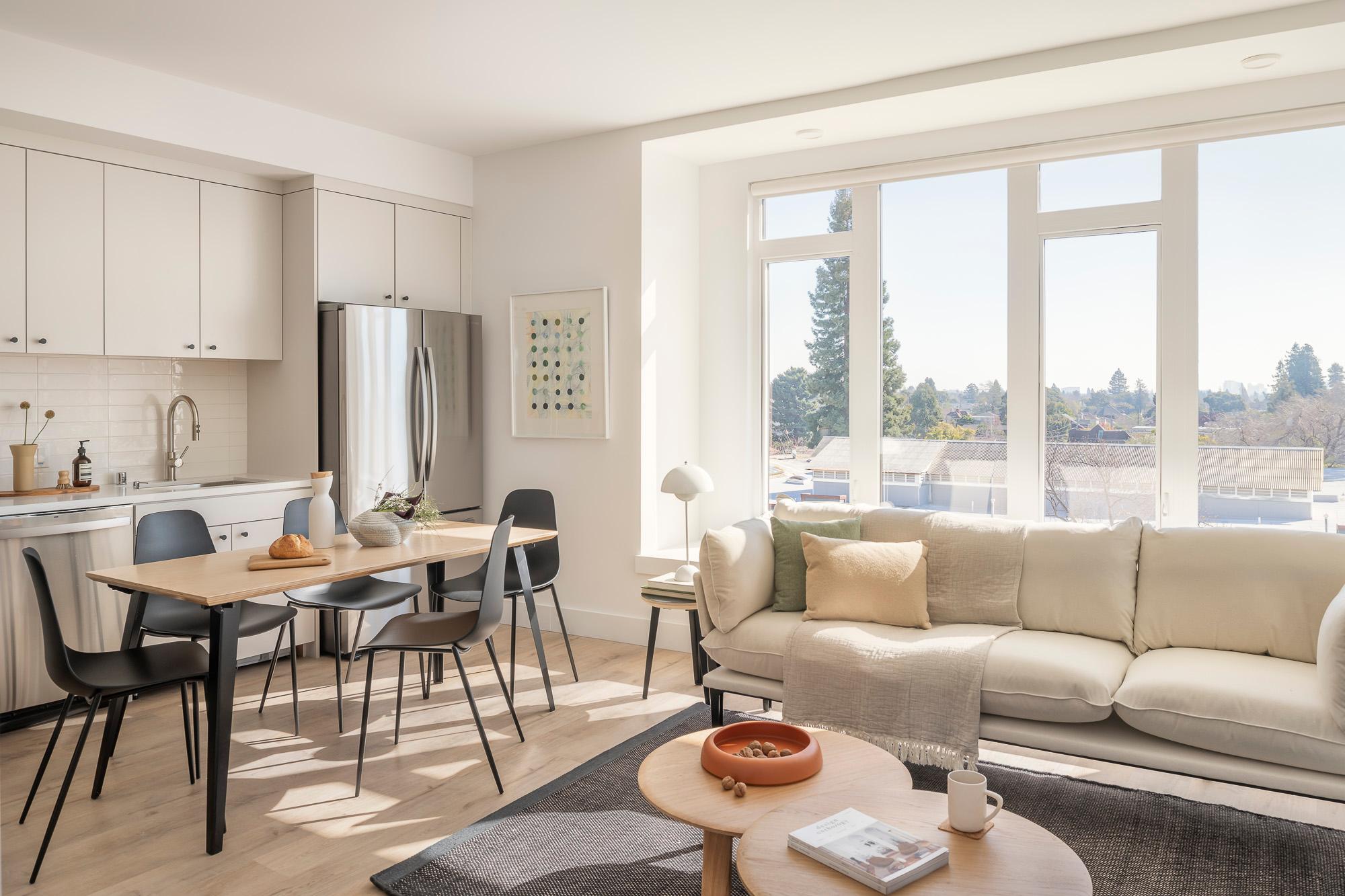Choosing between living in a condominium (condo) or an apartment is a significant decision, often influenced by various factors including lifestyle, financial situation, and personal preferences. Both options have their unique advantages and drawbacks, making it crucial to weigh the pros and cons carefully before deciding. In this article, we will explore the key things to consider when choosing between condos and apartments, helping you make an informed decision that aligns with your needs.
1. Ownership vs. Renting
One of the fundamental differences between condos and apartments is the ownership structure. Understanding this distinction is crucial before making a choice.
-
Condos: Condominiums are privately owned units within a larger building or community. When you buy a condo, you own the unit and share ownership of common areas like the gym, pool, or lobby with other residents. Owning a condo means you're responsible for mortgage payments, property taxes, homeowners insurance, and potentially other costs like repairs and maintenance.

-
Apartments: Apartments, on the other hand, are usually rental units owned by a company or individual. As a renter, you don’t own the property, so you’re not responsible for things like property taxes or major maintenance. Instead, you pay monthly rent, and the landlord or property management company handles most upkeep.
Key Consideration: If you prefer to own property and build equity, a condo may be the right choice. However, if you value flexibility and don’t want the long-term commitment of ownership, renting an apartment may suit you better.
2. Cost Considerations
The financial aspects of condos and apartments can differ significantly, so it's essential to understand how they may impact your budget.
-
Condos: Purchasing a condo requires a significant upfront investment, including a down payment and closing costs. In addition to your mortgage, you’ll need to budget for property taxes and homeowners association (HOA) fees, which cover building maintenance, amenities, and sometimes utilities. HOAs can vary widely depending on the amenities and the location, and they may increase over time. While condos can be a good long-term investment, they come with higher upfront and ongoing costs.
-
Apartments: Renting an apartment typically involves fewer upfront costs. You’ll usually need to pay a security deposit, and sometimes the first and last month’s rent. However, monthly rent payments can add up over time, and you don’t build equity as you would with a condo. Additionally, apartment rents can fluctuate, particularly in high-demand areas, making budgeting somewhat unpredictable.
Key Consideration: Consider your financial situation and long-term goals. If you’re looking for a place to live for several years and want to invest in property, a condo could be a sound financial decision. If you prefer a more affordable and flexible option without the commitment of ownership, renting an apartment might be a better fit.
3. Maintenance and Responsibility
The level of responsibility you’re comfortable with is another critical factor in deciding between a condo and an apartment.
-
Condos: As a condo owner, you are responsible for the maintenance and repair of your unit. This can include everything from fixing a broken appliance to replacing a water heater. On the positive side, the condo association typically handles the upkeep of common areas, so you won’t have to worry about landscaping, snow removal, or maintaining amenities like the pool or gym.

-
Apartments: In most apartment rentals, the landlord or property management company is responsible for repairs and maintenance. If something breaks or needs attention, you can call the maintenance team to handle it. This is particularly convenient for those who don’t want the hassle of maintaining a property themselves.
Key Consideration: If you prefer a hands-off approach and don’t want to deal with repairs and maintenance, renting an apartment might be ideal. On the other hand, if you enjoy having control over your living space and are comfortable with the responsibility of home upkeep, a condo could be more appealing.
4. Amenities and Community Features
Both condos and apartments often offer a range of amenities, but the availability and quality can vary significantly between the two.
-
Condos: Many condo buildings boast a wide array of amenities, such as swimming pools, gyms, rooftop terraces, and concierge services. These amenities are typically funded through HOA fees, which can be higher for buildings with more extensive features. The sense of community in condos can also be stronger, as residents are often more invested in their property and the overall building.
-
Apartments: Apartments also offer amenities, but they may not be as extensive or luxurious as those in a condo building. The quality of amenities can vary greatly depending on the type of apartment complex. Larger, newer apartment buildings may offer high-end amenities, while older or smaller complexes might provide fewer options. Additionally, apartment communities can feel more transient since renters may move more frequently than condo owners.
Key Consideration: If having access to high-end amenities is important to you, a condo may provide a better experience. However, if you’re content with basic amenities or don’t plan to use them frequently, an apartment might suffice.
5. Rules and Regulations
Condos and apartments often have rules in place to ensure the smooth operation of the community. However, the nature and strictness of these rules can vary.
-
Condos: Condo associations typically have a set of rules and bylaws that all residents must follow. These rules may cover everything from noise restrictions to the types of renovations allowed in your unit. While these rules can help maintain a high standard of living, they can also feel restrictive to some people. Violating the rules can result in fines or other penalties.
-
Apartments: Apartment complexes also have rules, often set by the landlord or management company. These can include pet restrictions, noise policies, and limits on how you can modify your unit. However, apartment rules are generally less strict than condo bylaws, as renters typically have fewer rights and less control over the property.
Key Consideration: If you value autonomy and the ability to make changes to your living space, the rules in a condo may feel restrictive. On the other hand, if you appreciate a well-regulated environment where everyone must adhere to set standards, you may prefer a condo’s structured approach.
6. Location and Market Trends
The location of your home is one of the most important factors in your decision-making process, and both condos and apartments can be found in a wide range of settings.
-
Condos: Condos are often located in urban or suburban areas, close to city centers, shopping districts, and public transportation. In some cases, condos may be situated in more desirable locations compared to apartment complexes. Since condos are typically owned, their prices tend to fluctuate based on the real estate market. In a booming housing market, condo values can rise significantly, making them a potentially lucrative investment.
-
Apartments: Apartments can be found in a variety of locations, from city centers to quieter suburbs. Renting an apartment in a desirable location can be more affordable in the short term than buying a condo in the same area. However, rental prices can rise with demand, and you won’t benefit from property appreciation like condo owners do.

Key Consideration: If you’re looking for a home in a high-demand area, renting an apartment may provide a more affordable entry point. However, if you’re planning to stay long-term, purchasing a condo could offer a better return on investment.
7. Lifestyle and Long-Term Plans
Your lifestyle and long-term goals are perhaps the most important factors in choosing between a condo and an apartment.
-
Condos: Condos are ideal for those who want to put down roots and build equity over time. They offer a sense of permanence and stability, making them a good choice for those looking for a long-term home. However, they come with the responsibilities of homeownership and may require a larger financial commitment.
-
Apartments: Apartments are perfect for those who value flexibility and don’t want to be tied down by a mortgage or the responsibilities of owning property. If you plan to move frequently, change jobs, or are uncertain about your long-term future, renting an apartment provides the flexibility to relocate more easily.
Key Consideration: If you’re looking for a stable, long-term home and are ready for the responsibilities of ownership, a condo may be the right choice. If you prioritize flexibility and want to keep your options open, an apartment might be a better fit.
Conclusion
When deciding between a condo and an apartment, it’s essential to consider your financial situation, lifestyle preferences, and long-term goals. Condos offer the benefits of ownership, a sense of community, and potential property appreciation, but come with added responsibilities and costs. Apartments provide flexibility, fewer responsibilities, and a lower financial commitment, but don’t offer the long-term investment potential of ownership. By weighing these factors carefully, you can make a decision that best suits your needs and ensures a comfortable and fulfilling living experience.





